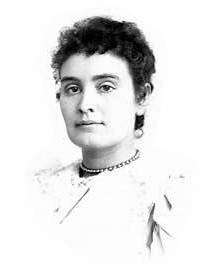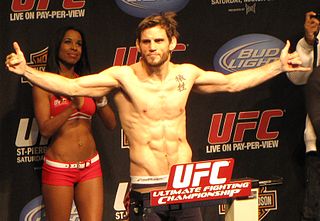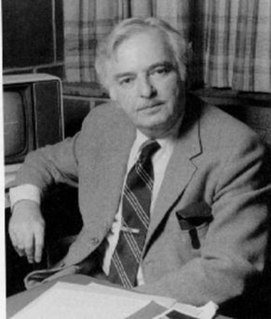A Quote by Elbert Hubbard
The object of teaching a child is to enable him to get along without his teacher.
Related Quotes
If you have a 2-year-old who is non-verbal, don't wait until you get a diagnosis at 4. The child needs one-on-one teaching with an effective teacher now. This can be a grandmother or a teacher or someone from the community. Grandmothers are especially great. There are a lot of grannies around. Go to your church for help.
The purpose of studying Buddhism is not to study Buddhism, but to study ourselves. That is why we have teaching. But the teaching is not ourselves. It is some explanation of ourselves. To study the teaching is to know yourselves. That is why we do not ever attach to the teaching, or to the teacher. The moment you meet a teacher you should leave the teacher, and you should be independent. You want a teacher so that you can be independent. So you study yourselves. You have the teacher for yourselves, not for the teacher.
A teacher who can show good, or indeed astounding results while he is teaching, is still not on that account a good teacher, for it may be that, while his pupils are under his immediate influence, he raises them to a level which is not natural to them, without developing their own capacities for work at this level, so that they immediately decline again once the teacher leaves the schoolroom.
Often nothing keeps the pupil on the move but his faith in his teacher, whose mastery is now beginning to dawn on him .... How far the pupil will go is not the concern of the teacher and master. Hardly has he shown him the right way when he must let him go on alone. There is only one thing more he can do to help him endure his loneliness: he turns him away from himself, from the Master, by exhorting him to go further than he himself has done, and to "climb on the shoulders of his teacher."
In teaching, you must simply work your pupil into such a state of interest in what you are going to teach him that every other object of attention is banished from his mind; then reveal it to him so impressively that he will remember the occasion to his dying day; and finally fill him with devouring curiosity to know what the next steps in connection with the subject are.
But as Nature is the best guide, teaching must be the development of natural inclinations, for which purpose the teacher must watch his pupil and listen to him, not continually bawl words into his ears as if pouring water into a funnel. Good teaching will come from a mind well made rather than well filled.





































